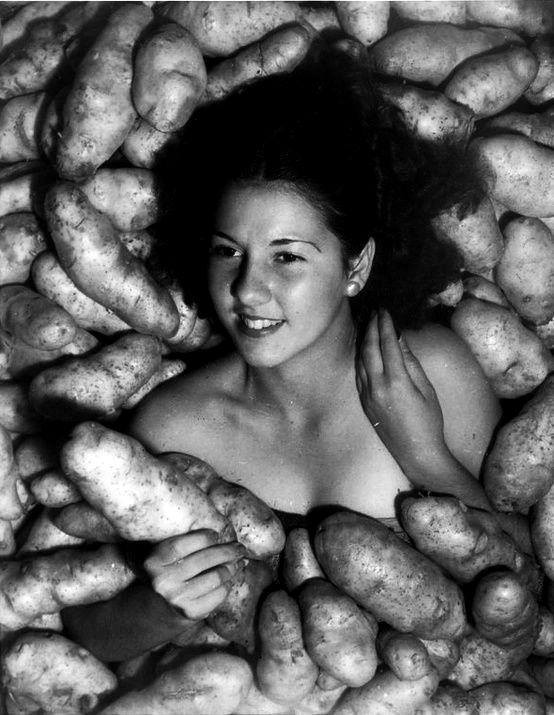More than 2 million people live in Basque country. Basques were the original ship builders who also were part of the Spanish conquistadores. While Brazil doesn't have a large Basque community for example, their 50% y-DNA R1b frequency implies the possibility that many of the settlers may have been of Basque descent. There are however large recognized Basque communities all over the world and here are some examples:

Basques in Argentina
Argentina
People of Basque descent make up 10% of Argentina's population
Chile
Population estimates of Basque-Chileans range from 10% (1,600,000) to as high as 27% (4,500,000), only behind Colombia. While parts of Chile with mostly native populations have rh negative frequencies of less than 1%, studies of university students have shown percentages as high as 20%.
Columbia
Colombia was one of early focus of Basque immigration; it is estimated that at least 40% of the Coffee Axis and Antioquia's population have Basque origin (2,800,000 persons).
Peru
A notable percentage of Peruvian people have at least one Basque surname, with more than 5 million or 18% of the national population.
Uruguay
It is estimated that up to 10% of Uruguay's population has at least one parent with a Basque surname.
Venezuela
The first wave of Basque immigration to Venezuela consisted in Conquerors and Missionaries, during the Colonization of Venezuela.
North America
Canada
Basque Canadians are Canadian citizens of Basque descent, or Basque people who were born in the Basque Country and reside in Canada. As of 2016, 6,965 people claimed Basque ancestry. Basque sailors were whaling and fishing around Newfoundland beginning in 1525 and ending around 1626. While in Central and South America Basques were predominantly of Spanish ancestry, Canada's French speaking population also has a significant frequency of people with French Basque ancestry.
Newfoundland
Basque vessels had been fishing cod shoals off Newfoundland's coasts since the beginning of the 16th century, and their crews used the natural harbour at Placentia. French fishermen also began to use the area.
Mexico
An estimated of 2% of Mexicans have some amount of Basque descent and that community has increased in size from immigration from Spain in the early 20th century.
United States
There are about 57,000 people of Basque descent living in the United States, according to the 2000 census. This number is highly disputed, however, since before the 1980 census there had never been a federally recognized category for Basques. As a result, Basques were usually categorized as Spanish or French. It is speculated that there are many more Americans of Basque descent who still classify themselves as Spanish, French or Latin American. The largest concentration of Basque Americans is in the Boise, Idaho, area, where approximately 15,000 Basque Americans live.

Miss Idaho 1935
It is difficult to determine overall rh negative frequencies in Central and South American nations as they differentiate significantly from region to region, similar to India where differences in ancestries shape differences in blood type frequencies. Native populations were zero percent rh negatives, African populations low in rh negative blood, but the high percentages of Basque conquistadores brought along large frequencies of rh negatives. Brazil shows up at almost 20% rh negative, but there must be populations with very low frequencies which have never been measured which would bring down the national average significantly.
Basque people alongside rh negatives in general might have a high percentage of the "Wanderlust gene". We have previously discussed it here.

Many rh negative celebrities make similar statements
Oftentimes, rh negatives have been called "restless" by rh positives and we need to put that into perspective. Most people in the world have indicated that they settled in life. They settle with their career, life partner etc. It is sad and part of why so many unhappy people are in the world. In recent studies, 3/4 of those asked have indicated that they settled. It might be that rh negatives are less likely able to accept a life of misery or life not having any meaning. So when others talk about us, know from which standpoint they do and while whatever we are may be worthy of being in a box to them, our reality is just that: our reality. And there is no need to put that into a box or identify it as anything than it just is.

